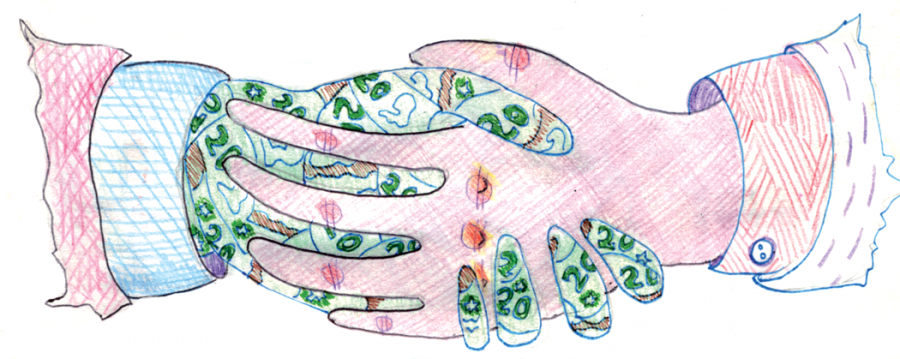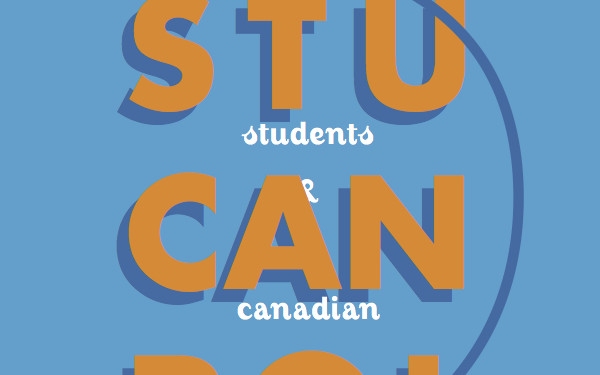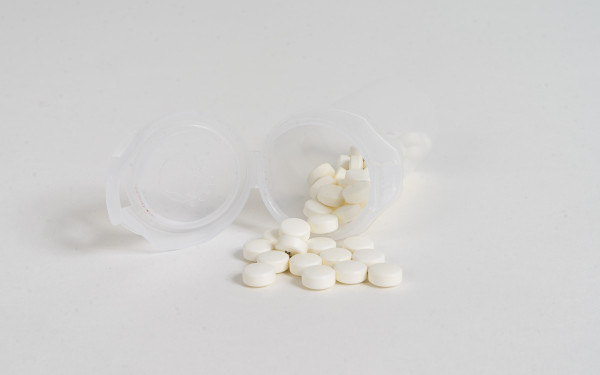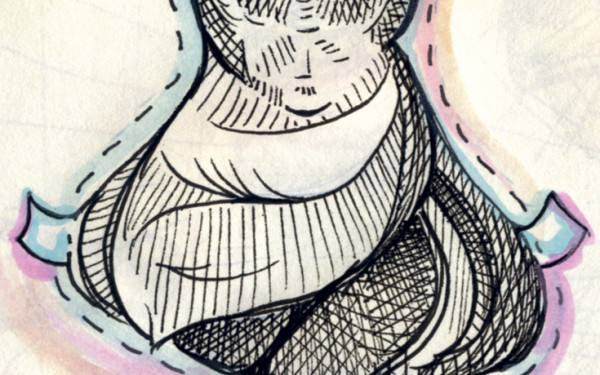Free the Free-Trade Deal
What We Know About the Trans-Pacific Partnership
The possible fate of Canada and much of the world was decided last week. This fate rests upon a single bill, which was negotiated in secret.
It’s called the Trans-Pacific Partnership (TPP): a free trade deal between 12 countries, which represent 40 per cent of the world’s economy. Canada, the U.S., and Japan are just a few of the countries that want a piece of this legislative pie, which has the potential to give the private sector more power over public policy, including pharmaceuticals and dairy industries. The bill was signed into agreement on Monday after years of unpublicized negotiations, which consulted many corporations and lobbyists, but no public consumer groups. The bill still needs ratification by each country, and must pass through the Canadian House of Commons after the election.
While many corporations including Citibank and Gap praise the deal, claiming it will improve global growth and create jobs, many citizens are worried that it transfers too much power to wealthy nations and industries, ultimately leaving most people worse off.
Though the public has not been presented with many provisions of the TPP, some crucial elements have been revealed via WikiLeaks.
Copyright and Internet Freedom
The final version of TPP’s international property rights chapter was leaked Friday, revealing stricter copyright laws and increased penalties.
Under the legislation, Internet service providers are given permission to block websites without a court ruling, copyrights have been extended by 20 years, and new criminal penalties have been created for the circumvention of digital locks.
The language within these provisions is so broad that governments and corporations have the right to take down any websites or information they want from the Internet.
Curtailing Public Trials
The leaked bill includes a clause that would give countries more power to keep important information both about the government and corporations under wraps. The free-trade deal allows countries to censure or cut-short legal proceedings if the information released were “detrimental to [its] economic interests, international relations, or national defense or national security.” This gives countries the right to withhold information that could be embarrassing if publicized. They can also do so if the trials “are related to a product or service in national or international commerce,” i.e. when dealing with large corporations.
Bypassing National Health and Safety Laws
An early version of TPP’s Investment chapter leaked in March, which included an investor protection act allowing companies to sue governments if laws are enacted that infringe on their profits. This provision would make it harder to pass public safety laws including environmental policies that hurt oil industries or health policies that affect tobacco or junk food companies. The bill stated that “supranational” tribunals would be created to hold the lawsuits and bypass national law. This clause is similar to NAFTA’s investor protection act, where Canada has lost or settled several cases and paid more than $170 million in damages along with tens of millions in legal costs, according to the Canadian Centre for Policy Alternatives. Lone Pine, an oil and gas company who lost their rights to frack in the St. Lawrence River after Quebec banned the process, is one of the latest corporations to file suit.
What our politicians say
The Conservative government helped negotiate this deal, so it’s no surprise they unequivocally support it.
“This is a further example of our determination to diversify our exports and to create jobs, growth and long-term prosperity for Canadian families,” Prime Minister Stephen Harper said at the G20 summit in Mexico.
The Liberal Party generally supports the deal, but leader Justin Trudeau has criticized the Conservative government’s level of secrecy surrounding its negotiation.
“We will ratify this properly in the House of Commons after a fulsome and responsible discussion,” Trudeau said at an event at Wilfrid Laurier University.
The NDP is staunchly against the TPP and Tom Mulcair has vowed to scrap the deal if he’s elected Prime Minister.
“I would never bring this deal to the Canadian Parliament,” he said on Global’s The Morning Show.
The full text of the partnership has not been revealed and there’s still much speculation, but what is known (either leaked or officially presented), has sparked much controversy and cause for concern. There’s a reason the negotiations are secret and nothing is up for public debate: if we knew everything proposed, we probably wouldn’t like it.





Mulcair_600_375_90_s_c1.jpg)

